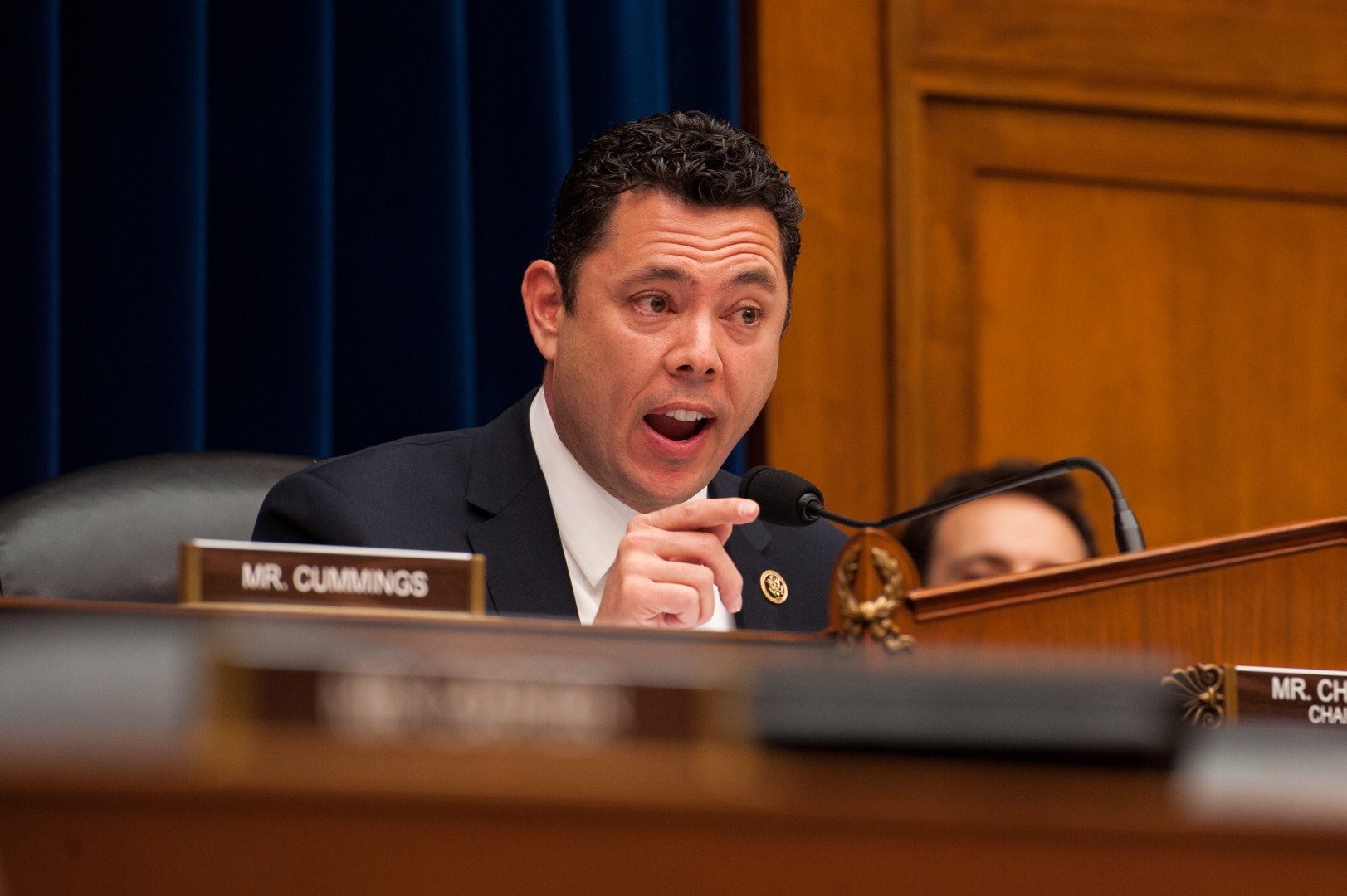Federal Deposit Insurance Corp. Chairman Martin Gruenberg faced an unfriendly audience of House Republicans Wednesday. They were upset over industry complaints that the FDIC has stalled its approval of deposit insurance for new banks.
Republicans, backed up by witnesses from the banking industry, said the delays are stifling the creation of new banks that serve communities. Oversight and Government Reform Committee Chairman Jason Chaffetz said the FDIC is boasting about the profitability of the banking sector since the crisis, while ignoring pending applications. The agency has approved just three de novo applications for new banks since 2011.
“I think there’s more systemic risk, because the cruel irony of all of this is that there are fewer institutions that have more leverage, more of the play,” the Utah Republican said.
The industry generally agrees with Chaffetz’s complaint. Two bank executives, who appeared before the panel on behalf of the American Bankers Association and the National Association of Industrial Bankers, told stories about how the lack of approvals has impacted their business and community banks as a whole. Without FDIC insurance, they note, it’s harder for new banks to receive their charters.
Matt Browning, a former NAIB board member who also testified on behalf of the Utah Bankers Association, said the FDIC is “preventing the chartering of new banks” and is actively avoiding congressional mandates outlined in the Federal Deposit Insurance Act.
He described his efforts to secure deposit insurance for a de novo bank applicant with a “proven, conservative model with a long history of exceptionally low risk.” But Browning and his team opted not to file the application after 18 months of planning because of their difficulties with the FDIC.
“Our plan could not proceed because it was impossible to truly understand the arbitrary requirements of the FDIC,” he said. “We experienced denial by attrition.”
These types of incidents cause the banking industry to view the FDIC as “adversarial, uncooperative, evasive, and at times belligerent,” he added.
Rep. Mark Meadows (R-N.C.) posited that some FDIC regulators could be engaged in retaliatory behavior.
“I’m aware of some communications from your FDIC personnel, from here in D.C., that say, ‘We’re going to teach them a lesson. We’re going to go after them. We’re going to make them sweat,'” Meadows said. “From a regulatory standpoint, that is inexcusable.”
Gruenberg said he doesn’t believe the FDIC would engage in such retaliatory behavior, but he agreed to evaluate the facts of the situation that Meadows referred to.
Gruenberg instead attributed the slowdown in FDIC approvals to the Federal Reserve’s extended low interest rate policy. The near decade-long period of low-to-zero rates has made it more difficult for brand new banks to get off the ground and overcome the high burdens necessary to receive FDIC insurance, he said.
“We’ve had the longest prolonged period of near-zero interest rates in our country’s history,” Gruenberg told Chaffetz. “We have an environment in which it’s difficult for an institution to demonstrate a viable business plan.”
Throughout that period of low rates, Gruenberg said, the FDIC has tried to improve its application process so that under different conditions, it could be easier for banks to apply for insurance.
Rep. Elijah Cummings of Maryland, the committee’s ranking Democrat, agreed with the view that interest rate policy has impacted the number of de novo applications and questioned Browning’s view of the FDIC’s motives.
Browning responded that he thinks the FDIC hasn’t done enough to shift its focus since the end of the 2008 financial crisis. “I believe the FDIC has yet to come out of crisis mode,” he said. “I believe it’s acting much more as an insurance company and less as a regulator governing safe and sound institutions.”

